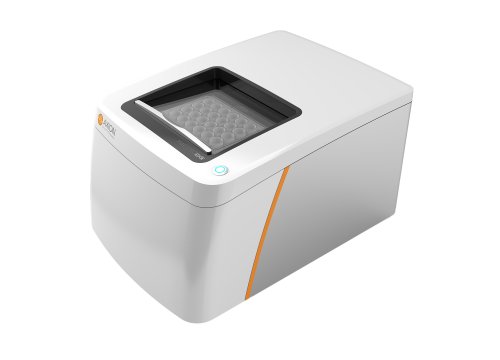Authors: Isabel Rosety, Alise Zagare, Claudia Saraiva, Sarah Nickels, Paul Antony, Catarina Almeida, Enrico Glaab, Rashi Halder, Sergiy Velychko, Thomas Rauen, Hans R. Schöler, Silvia Bolognin, Thomas Sauter, Javier Jarazo, Rejko Krüger and Jens C. Schwamborn
npj Parkinson's Disease,18 December 2023
Scientists use Axion’s Maestro MEA platform to investigate the pathogenesis of Parkinson’s disease.
Some evidence suggests that the development of Parkinson’s disease (PD) may be rooted in early neurodevelopmental defects, but the underlying mechanisms are not fully understood. In this study, scientists generate neural organoids using human induced pluripotent stem cells derived from patients with a heterozygous GBA-N370S mutation in the GBA1 gene and use Axion’s noninvasive Maestro multielectrode array (MEA) platform and other methods to explore the pathogenesis of PD. Mutations in the GBA1 gene represent the most common genetic risk factor for PD. Overall, the authors conclude that “the heterozygous GBA-N370S mutation has a negative effect in the differentiation of neural precursors to neurons,” and suggest that these findings may pave the way to new therapeutic approaches for PD.


